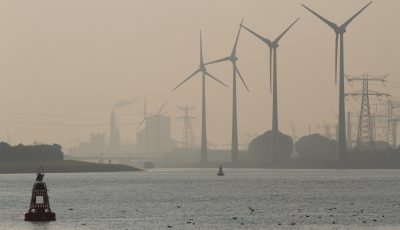Uganda has an ambitious programme to improve the fuel efficiency of its vehicle fleet. In order to measure the climate benefits of this programme, and of related programmes in the transport sector, the Ministry of Energy and Mineral Development compiled a monitoring plan.
The greenhouse gas monitoring approach will start at activity level, which allows the Ministry of Energy and Mineral Development to monitor the impact of its individual policies. The four first measures implemented as part of the NAMA are:
- Development of a fuel efficiency policy and standards, applying a benchmark efficiency for Light Duty Vehicles (LDVs, group of vehicles with a gross weight of less than 3500 kg) being imported into the country.
- Design of a vehicle inspection and maintenance system, including a certification programme, standards for inspections and establishment of vehicle inspection centres. For this measure, USD 12.5 mln private investment has been attracted to set up 27 testing stations in Uganda. The testing programme will start in March 2016 and aims to have all LDVs in the country tested by September 2016. As part of the testing programme, all LDVs will undergo an emissions test and be registered in the national vehicle registry. LDVs which do not meet minimum emission standards will have to be scrapped.
- An intensive consumer awareness campaign will be undertaken.
- LDVs sold in Uganda will be marked according to their efficiency levels. The mark will show the efficiency of each vehicle. Each vehicle will be law be required to have the efficiency level mark
By 2016 the vehicle inspection programme will collect data on all LDVs. That data will be used to monitor the emission of the LDV fleet in Uganda. Until the vehicle inspection programme is in place, the impact of the fuel efficiency standards for imported LDVs will be monitored separately. Together with experts from the Ministry, related agencies and private sector in Uganda, Shifting Paradigms developed a monitoring plan for fuel efficiency improvements in the Ugandan LDV fleet.
Client: UNDP
Partners: Greenovation
2015



